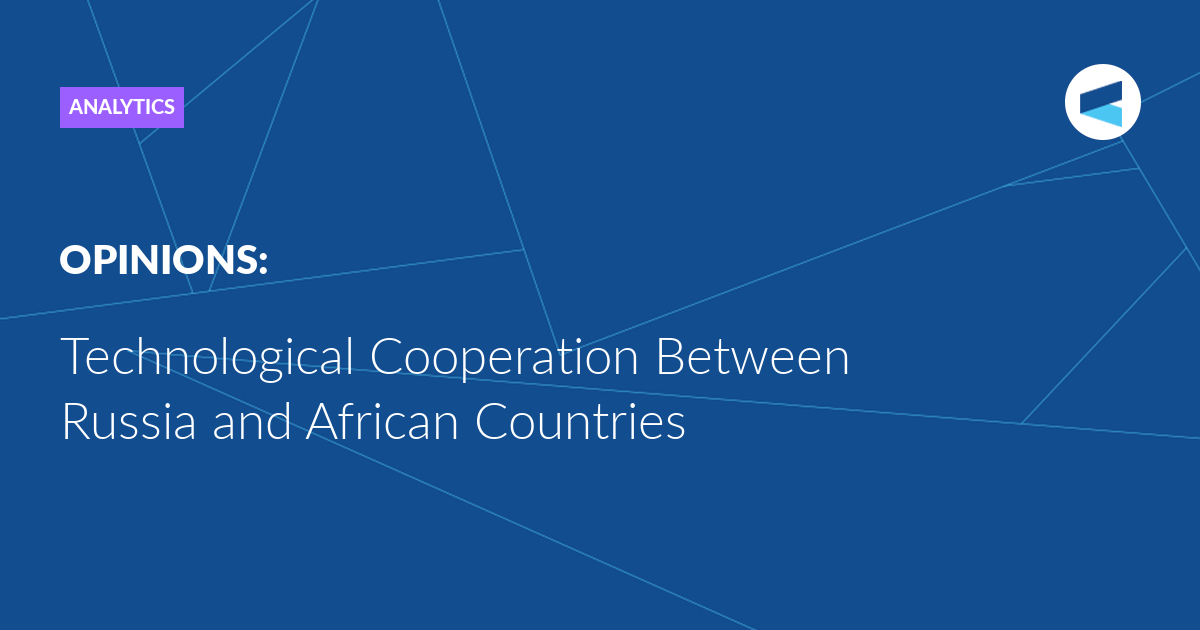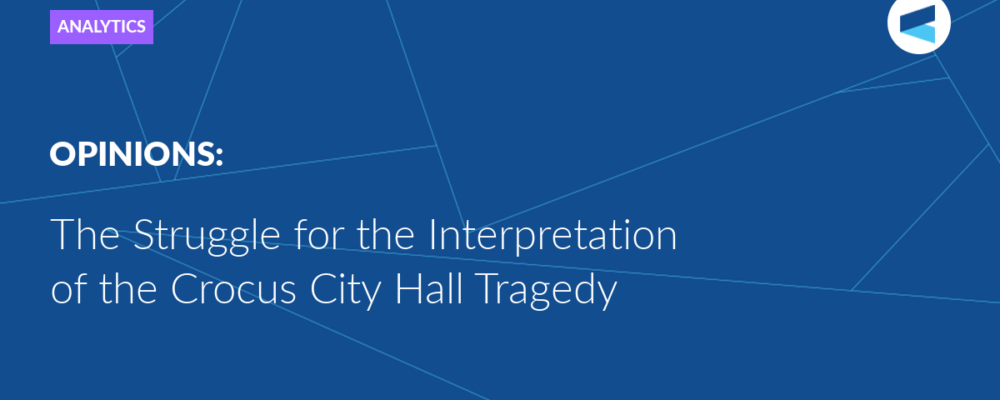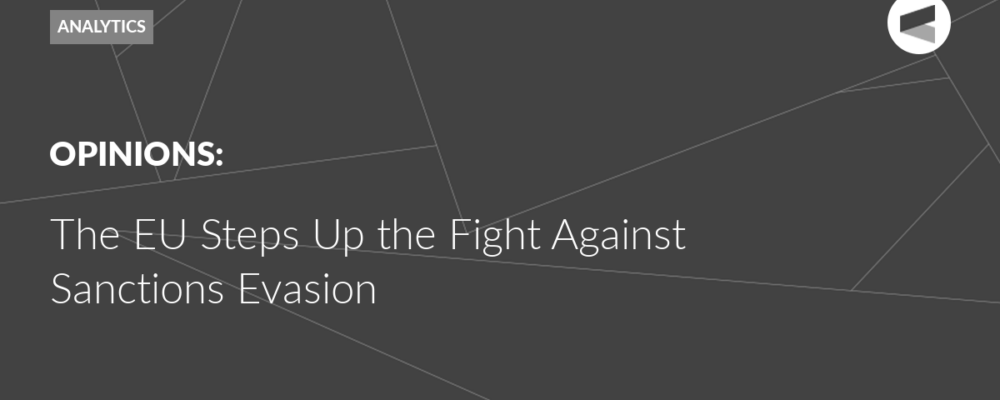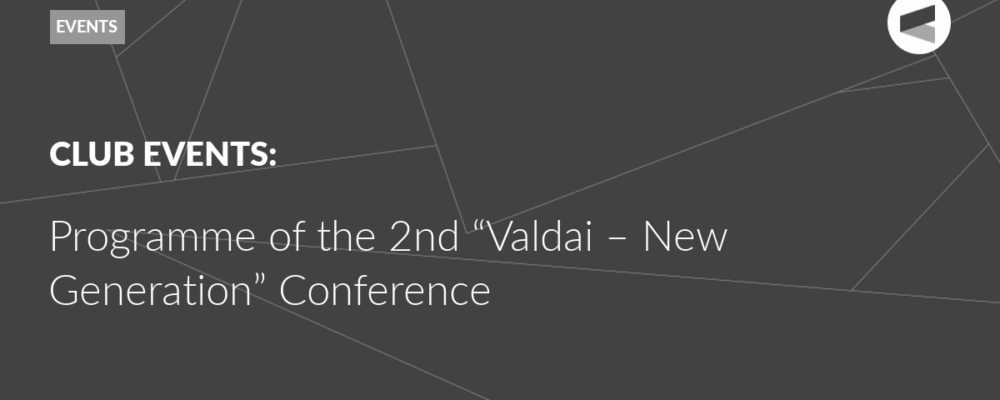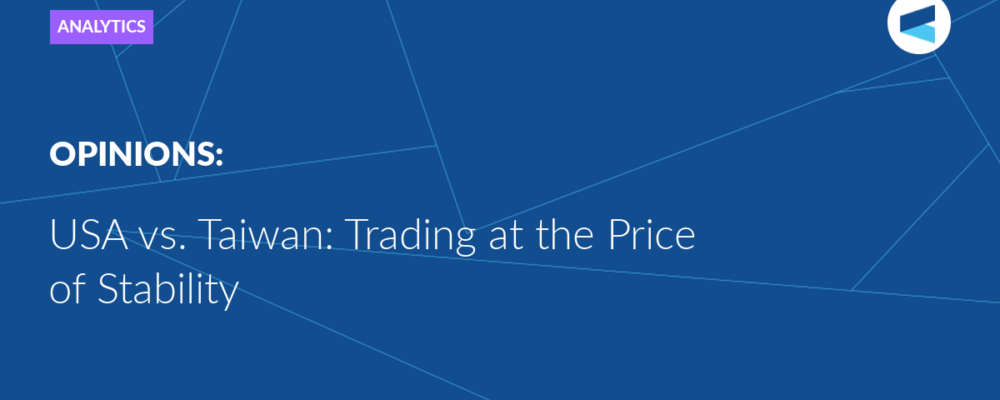Cooperation between Russia and African countries in the field of cloud technologies seems quite promising. The fact is that in Africa there is a great need for such cloud technology solutions, since today many government agencies in African countries are forced, for the most part, to use Google’s cloud services, which do not guarantee data confidentiality, in order to organise effective collaboration with files and documents.
In this regard, an alternative solution would be Russia’s My Office software, which includes applications for working with text, tables, presentations, as well as a cloud solution for storing data and collaborating with documents, which provides full control over data to private business or government agencies.
Back during the First Russia-Africa Summit, held in Sochi in 2019, the Russian company “New Cloud Technologies” signed an agreement with the governments of the Democratic Republic of Congo and Burundi on the transfer of about 300 licenses for My Office.
In 2020, an agreement was reached with the Ministry of Education of Cameroon on the supply of 1 million licenses for the My Office Education package to Cameroonian educational institutions. At the same time, preschool, primary and secondary educational institutions will receive licenses for free, and higher education institutions will get them with a 93% discount.
Currently, negotiations are underway on the supply of this software package to Algeria, Gabon, Ghana, Madagascar, Morocco, Nigeria, Senegal, Togo and Uganda, which indicates the readiness of Russian companies to take an active part in the creation of state and corporate cloud infrastructures in African countries.
Artificial intelligence technologies are another important area for Russian-African cooperation. Today, we can see how African countries are striving to apply various intelligent technologies in almost every sector of the economy. The leader in this indicator is South Africa, where 726 companies using AI operate. Nigeria is in second place (456 companies), and Egypt is in third place (246 companies).
However, despite these visible successes, it should be noted that African countries face many difficulties, first of all, given the lack of computing power, there is a shortage of highly qualified specialists and innovative developments in this area.
Russia, which is striving to become one of the world leaders in the development of technological solutions based on AI, can provide assistance to African countries in the following areas:
-
Personnel training. On July 26, 2023, an agreement on the establishment of a Russian-African consortium of technical universities “Subsoil of Africa” was signed at the St. Petersburg Mining University, which provides for the creation of a professional community of universities training specialists for the needs of the mineral resource sector. Taking into account this positive experience and the desire of African countries to intensify cooperation with Russia in the field of training highly qualified personnel for critical sectors of their economies, it is necessary to consider creating a similar Russian-African consortium of universities to train specialists in the field of computer learning.
-
Technology transfer. In recent years, Russia has been paying great attention to conducting research and development in the field of AI and is ready to help African countries apply these technologies in solving their most pressing problems. Thus, in particular, the Russian company “Zyfra”, which is engaged in the development and implementation of digital solutions in industry aimed at increasing the efficiency and automation of mining, oil and gas, chemical and mechanical engineering industries, has been digitalising phosphate fertilizer deposits in Morocco for 6 years, which has increased the efficiency of fertilizer production by 9%. At the same time, all the software products that the company develops are open code and open architecture, which makes it easy to adapt the technology to the needs of specific consumers. The company “Cognitive Pilot”, which specialises in the development of artificial intelligence systems for unmanned vehicles, entered the South African market in 2022, where it supplies autonomous control systems for combines and tractors. And Sber, which has developed a special manuscript recognition technology called “Digital Peter” because it was used to decipher the notes of the Russian Emperor Peter the Great, offered its assistance to Egypt in deciphering ancient manuscripts in late 2023.
-
Development of basic AI models. The basic AI model is a certain reference architecture of a hybrid intelligent system, which can subsequently be used to solve a wide range of problems. Taking into account the fact that the development of such a reference architecture, as well as its testing and training, requires a great deal of computing power, one can think about combining efforts in this direction. In Russia in 2019, for example, the Artificial Intelligence Alliance was created, whose tasks include uniting the efforts of leading domestic developers in the field of AI in order to ensure Russia’s leading position in the global technology market. The founders of the Alliance were Sber, Gazprom Neft, Yandex, VK and the Russian Direct Investment Fund. In our opinion, it makes sense to think about creating a similar Russian-African Alliance of Artificial Intelligence, in which leading Russian and African developers of intelligent solutions would take part. The result of such work could be the development of fundamental baseline machine learning models that would be focused exclusively on meeting the needs of local African consumers of AI solutions and, ultimately, would ensure the technological sovereignty of African countries, reducing their dependence on Western technologies, the vulnerability of which was demonstrated by the recent global failure of Microsoft IT systems.
The Valdai Discussion Club was established in 2004. It is named after Lake Valdai, which is located close to Veliky Novgorod, where the Club’s first meeting took place.
Please visit the firm link to site


